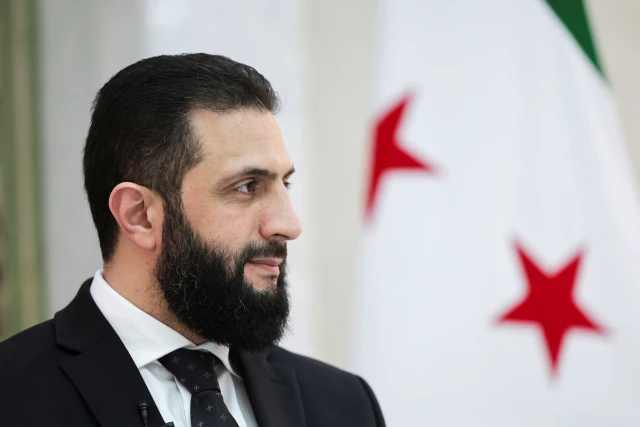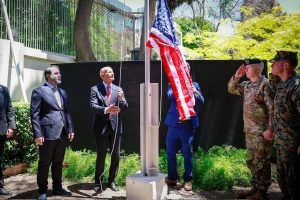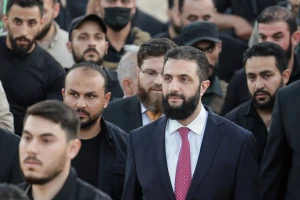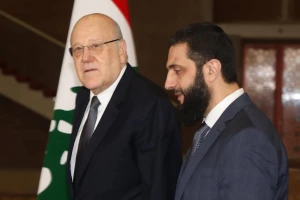'Israel is a future security partner' - Syrian president's interview with Jewish Journal

New Syrian President Ahmad al-Sharaa gave a special interview to the American Jewish weekly Jewish Journal, in which he presented a vision of national reconciliation and rebuilding a shattered country, while attempting to distance himself from his extremist and jihadist past. In the interview, al-Shara emphasized his commitment to building a new, open and inclusive Syria.
"We are not starting from zero. We are starting from the depths," said the president.
According to him, he has ordered the release of political prisoners, initiated dialogue with opposition groups, and promised reforms in the notoriously brutal security apparatus. Al-Sharaa expressed a desire to bring back all Syrian citizens, including Jews, Druze, and Christians, stressing the need to end the cycle of violence.
Although he refrained from proposing normalization with Israel outright, al-Sharaa expressed openness to future talks based on international law and mutual recognition of sovereignty. “Peace must be earned through mutual respect, not fear. We will engage where there is honesty and a clear path to coexistence — and walk away from anything less.” he said.
According to al-Sharaa, he envisions regional peace and stability. “I want to be clear. The era of endless tit-for-tat bombings must end. No nation prospers when its skies are filled with fear.” In his view, Israel is a potential future security partner: “The reality is, we have common enemies — and we can play a major role in regional security.”
The president also expressed “a desire to return to the spirit of the 1974 Disengagement Agreement (Dofa Accord) — not merely as a ceasefire line, but as the foundation for mutual restraint and protection of civilians, especially the Druze communities in southern Syria and the Golan Heights,” the Jewish Journal reported. He expressed a willingness to engage in dialogue with U.S. President Donald Trump, whom he sees as a potential mediator for regional recovery.
Nonetheless, al-Sharaa did not shy away from the immense challenges facing his country: over one million dead, 12 million displaced, a collapsing economy, and international sanctions. He emphasized the need for cooperation with the international community, while insisting on Syrian sovereignty based on internal consensus.
Despite his extremist past, al-Sharaa portrays himself as a reformist, not a revolutionary, and emphasizes his desire to reunite Syria. He declared: “I did not seek this position to rule. I accepted it because Syria must turn the page.”
Itamar Vishenko is a KAN 11 News correspondent.
You might also like to read this:










